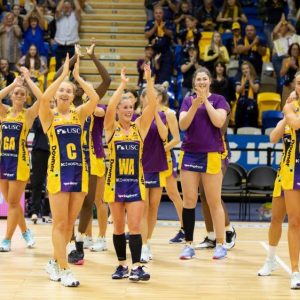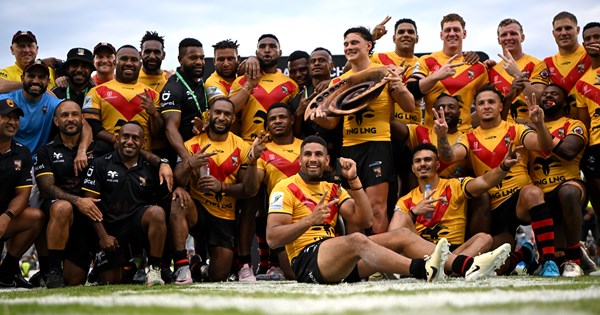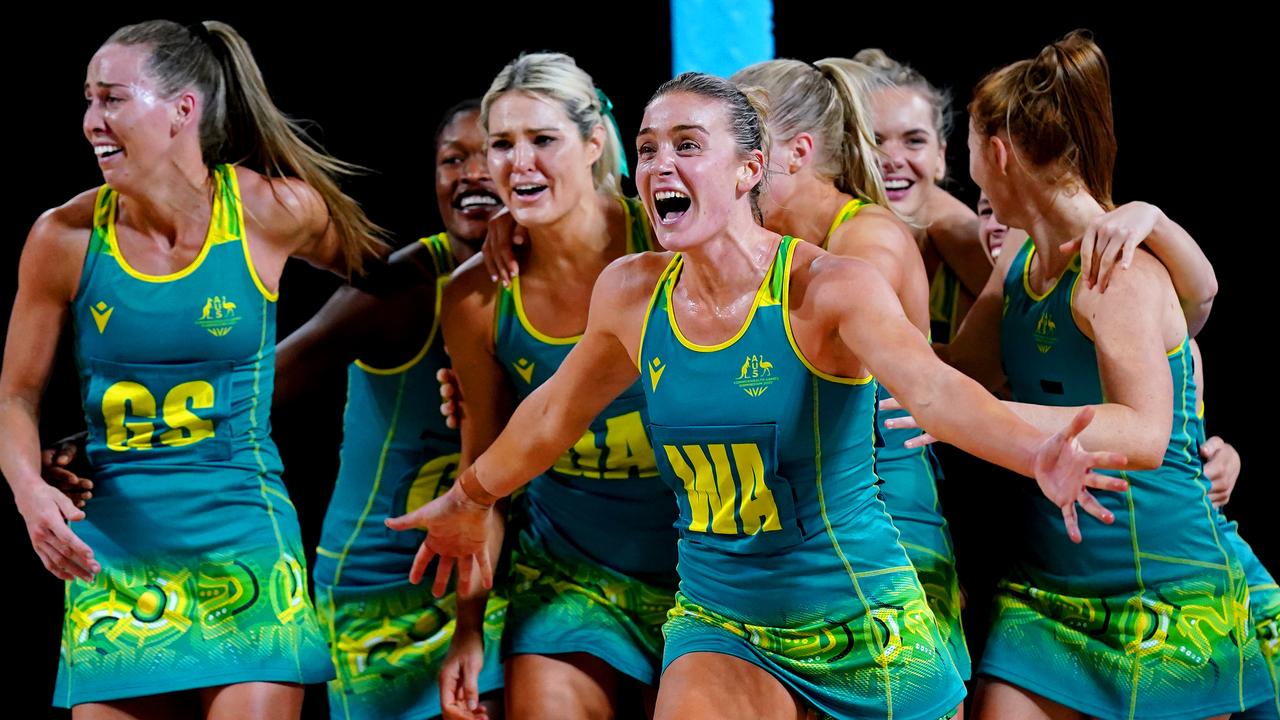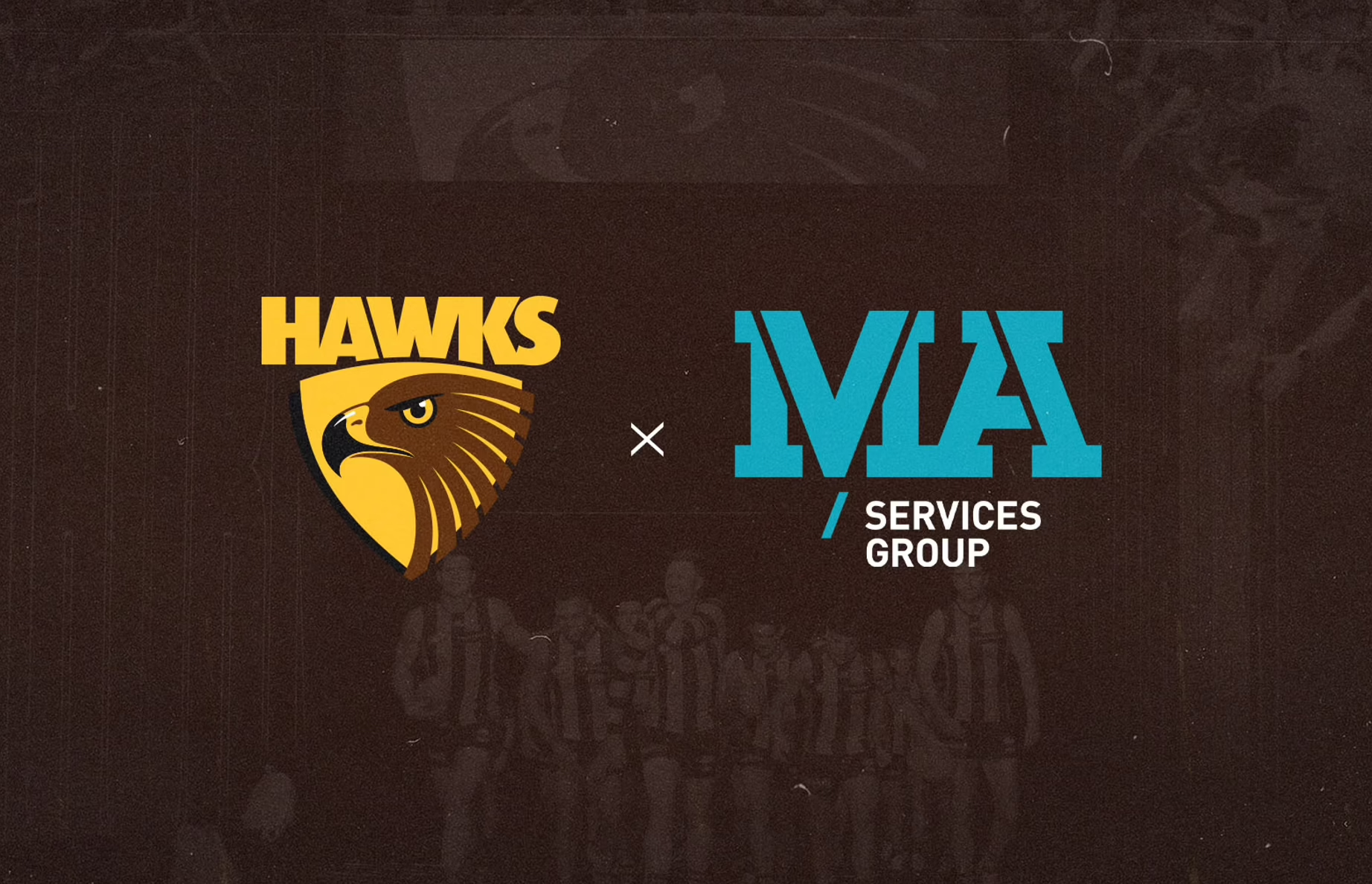[mkdf_dropcaps type=”normal” color=”#f55549″ background_color=””]T[/mkdf_dropcaps]
he latest report from True North Research has suggested women’s sports teams drive better outcomes for sponsors than men’s teams.
The report evaluates data from interviews with over 21,500 Australian and New Zealand respondents aged 16+ since October 2018 and reveals the sponsors of women’s teams outperform the sponsors of men’s teams in driving a strong return on investment.
The report shows that despite men’s teams having a higher average familiarity score (53%) than women’s teams (31%), women’s teams have a significantly higher average BenchMark emotional connection score, 134, compared to men’s teams, 111.
Of all those aware of a sponsor of a women’s team, which equals 36% of all those familiar with the team, True North revealed 54% have a positive reaction to the sponsor, compared to 41% having a positive reaction to the sponsor of a men’s team, with 37% of those familiar with the team are aware of the sponsor.
This data is further split up into the reactions of both males and females to sponsors, in which 55% of males had a positive reaction to a sponsor of a women’s team, and 43% had a positive reaction to a sponsor of a men’s team.
Comparatively, 53% of females had a positive reaction to a sponsor of a women’s team, and 36% had a positive reaction to a sponsor of a men’s team.
In explaining this discrepancy, True North said the results may reflect the types of sponsors who currently sponsor men’s teams compared to women’s teams, and suggested it is an important understanding for sponsors who are trying to target women.
Elsewhere the report revealed 26% of all those aware of the sponsor of a women’s team consider or use the sponsor, compared to 19% for men’s teams’ sponsors.
Despite these findings, True North said: “Women’s teams and leagues often command considerably lower sponsorship fees as a result of current lower familiarity and the subsequent ‘perception’ that they deliver less value.”
“However, the stronger sponsor outcomes, plus the lower cost of sponsorship, frequently results in the sponsors of women’s teams outperforming the sponsors of men’s teams in driving a strong return on investment, even with their lower familiarity factored in,” True North said.
A recent report from Deloitte Australia suggested women’s sport sponsorship currently generates 8% of the total sponsorship value in Australia but could grow to 20% by 2025.
Speaking on the growth of women’s sponsorship value in Australia, Deloitte TMT industry leader for consulting, Peter Corbett, said: “The rapid increase in accessibility, broadcast hours, and audience reach for women’s sport has not only grown the total sports content landscape but is bringing new consumers into the sporting fold, particularly women.”
“This provides a valuable opportunity for brands to use sport as a meaningful way to engage with these segments through sport, particularly through the growing profile of female athletes as they increasingly become instantly recognisable, inspirational idols to Australians,” Corbett said.
Click here to view the full report from True North Research.







